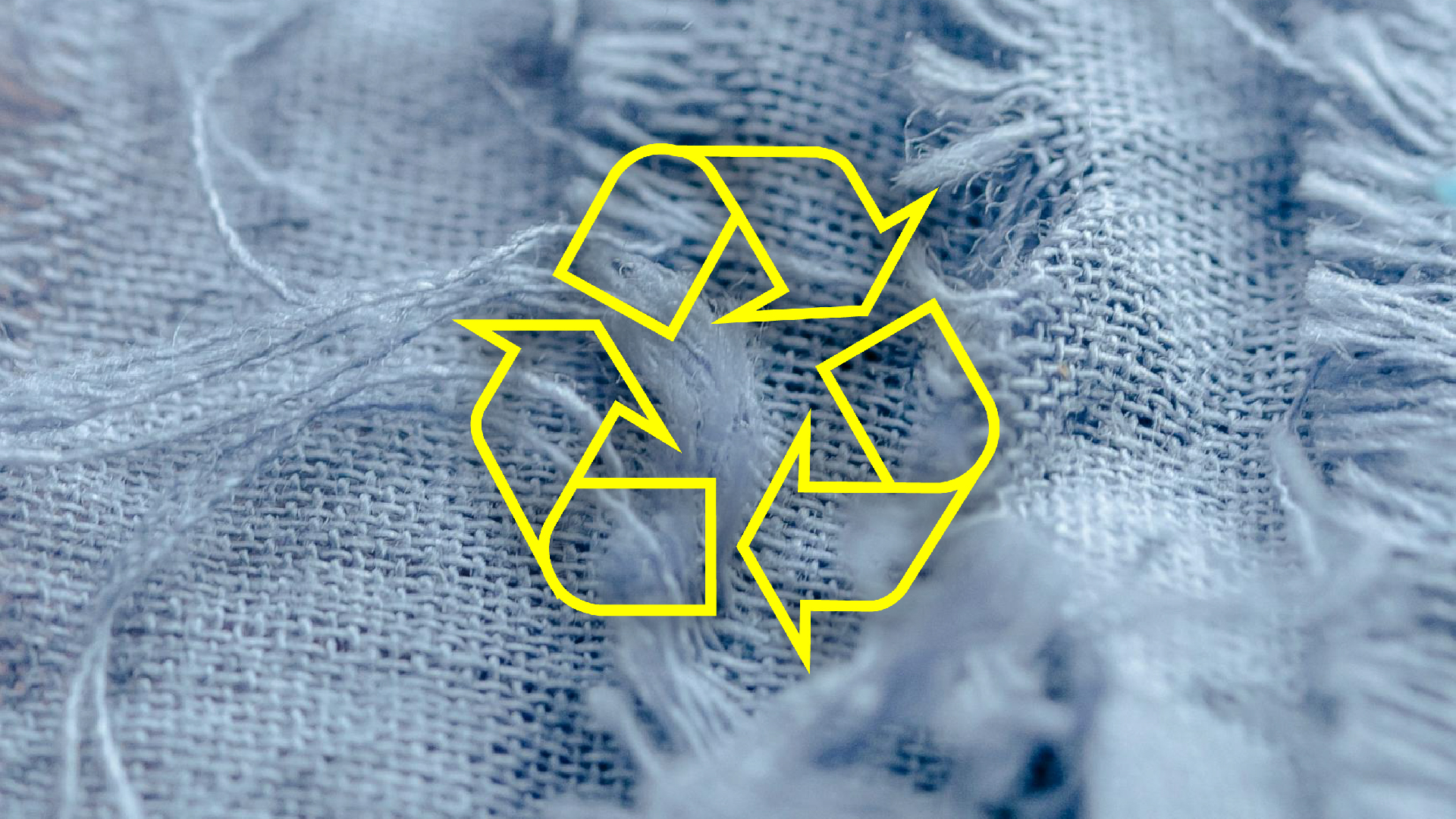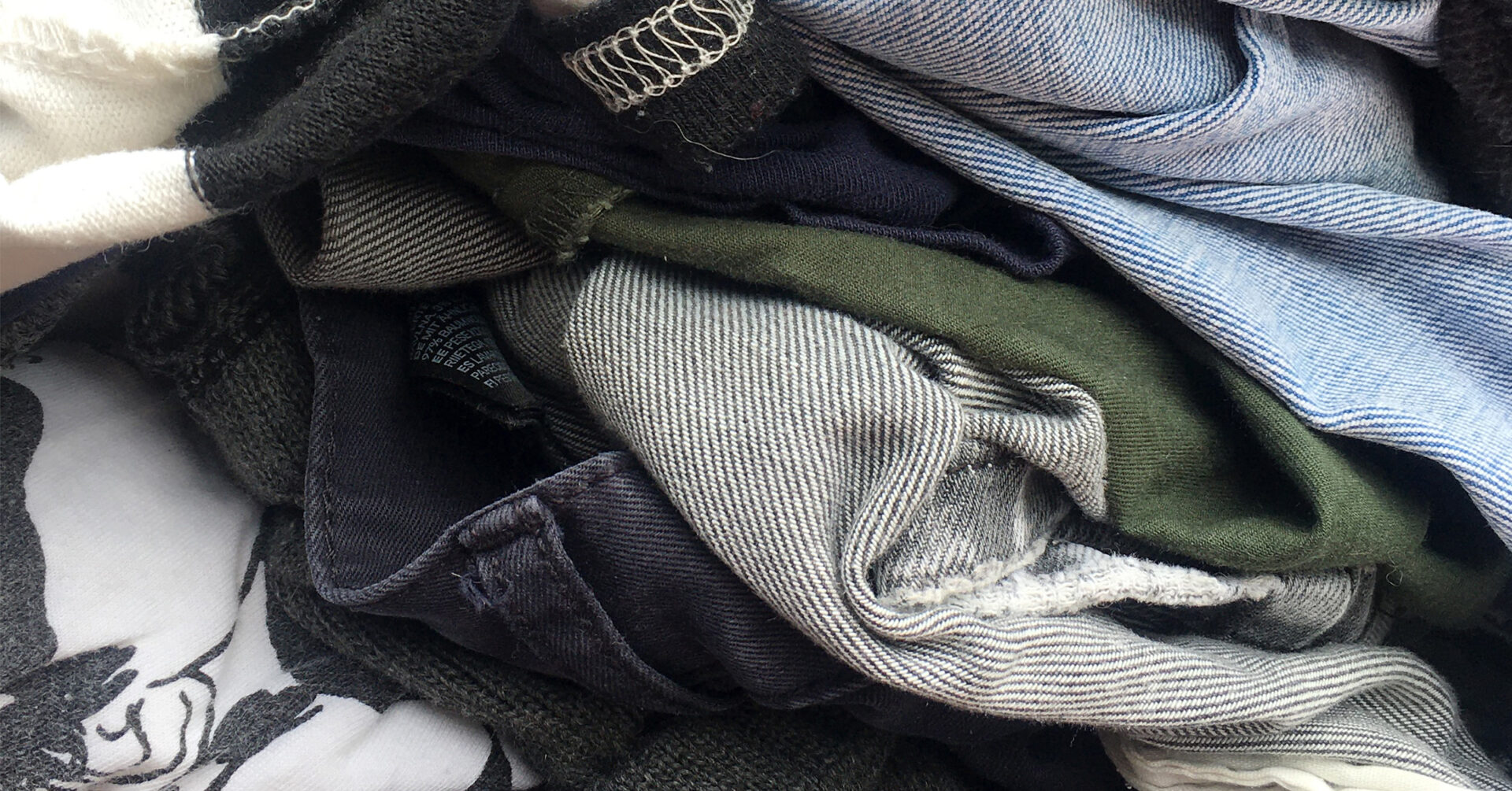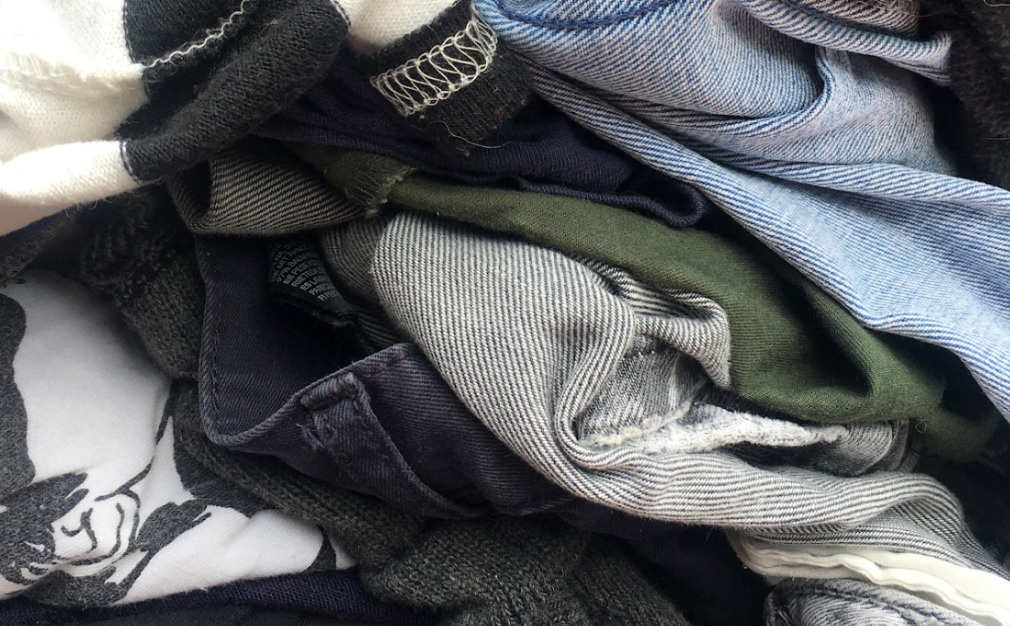
T-REX Project
The T-REX Project brings together 13 major players from across the entire value chain to create a harmonised EU blueprint and business opportunities for closed loop sorting, and recycling of household textile waste. Transforming end-of-use textiles, from waste, into a desired feedstock, and a commodity for new business models that can be adopted at scale.
Problem Statement
The global consumption of textiles is increasing, with global production of the two most relevant fibres, cotton and polyester, expected to grow by 40% before 2023. There is also no EU-wide plan on how to deal with the existing and anticipated textile waste: currently, 2% of post-consumer textiles are diverted to fibre-to-fibre recycling, while 87% is landfilled or incinerated. By January 2025 new EU Directive 2018/851 will require all member states to establish a separate household textile waste collection and respect increasing minimum recycling goals, but the pure legislative approach cannot alone solve the growing textile waste problem.
Executive Summary
Across a three-year period, the T-REX Project collected and sorted household textile waste and demonstrated the full recycling process of polyester, polyamide 6, and cellulosic materials from textile waste into new garments. Simultaneously, the project aims to demonstrate sustainable and economically feasible business models for each actor along the value chain, conduct lifecycle analysis of the circular process, integrate digital tools that streamline the process of closed-loop textile recycling, and produce circular design guidelines.
The project ultimately aims to contribute to a paradigm shift, understanding and identifying the infrastructure, technology and policy needed to encourage the growth of circular value chains.
This project has received funding from the European Union’s Horizon Europe research and innovation programme.
T-REX Project aims to create a blueprint in Europe for creating new business opportunities based on closed-loop textile recycling using household (i.e. post-consumer) textile waste as new feedstock.
Timeline
The Strategic Supplier Initiative is structured around a comprehensive 5-step approach
-
Summer 2022
Project launched
-
Summer 2023
Quality assessment is complete
-
Winter 2023
Recycled yarn samples produced
-
Spring 2025
Product demonstrations of circular design guidelines
Lifecycle assessment is concluded
Project results shared
Key Challenges and Proposed Interventions
-
Limited access to quality feedstock: Despite abundant textile waste, recyclers face high costs and material shortages due to low collection rates and lack of incentives for sorters to meet recycling specs.
-
Low sorting efficiency and critical pre-processing gaps: Manual sorting remains dominant but inefficient; investment in automated technologies (like NIR and AI) and co-located mechanical/chemical pre-processing is essential to improve feedstock quality and consistency.
-
High operational costs challenge business viability: Labour and energy costs drive up OPEX; automation and access to renewable energy are key to reducing costs and scaling operations.
-
Environmental benefits depend on process efficiency: Recycling can reduce fibre-related impacts, but outcomes vary by material and technology; clean energy use and fibre compatibility with low-impact manufacturing are essential.
-
Supportive policy is critical: Introduce fair economic incentives, align End-of-Waste criteria with market needs, set realistic recycled content targets, and harmonise recyclability standards — while embedding recycling within a broader circular strategy focused on reuse, repair, and design.
Innovation Partners
Implementation Partners
Innovators
Data collection and analysis
Advisors
Relevant Resources

Pioneering EU funded T-REX Project Celebrates Completion and Reveals Blueprint for Scaling Textile-to-Textile Recycling in Europe

Fashion for Good and Textile Exchange Team Up to Trace Textile Waste

Sorting For Circularity; Fashion for Good Launches New Project To Drive Textile Recycling

Sorting For Circularity Europe: Project findings highlight immense opportunity to accelerate textile recycling
Other Projects

The Next Stride: Bio-based Materials for Footwear Soles
“The Next Stride: Bio-based Materials for Footwear Soles” aims to validate the performance and environmental impact of bio-based polymers as sustainable alternatives to the fossil fuel-derived materials currently used in footwear soles. The objective is to collectively de-risk the transition to these “next-generation” materials by rigorously testing their technical properties and assessing environmental benefits. Ultimately, the purpose is to accelerate the adoption of these bio-based solutions and pave the way for a more sustainable footwear industry.

Beyond50 Denim: Combining Cottonised Hemp And Green Chemistry
“Beyond50 Denim: Combining Cottonised Hemp And Green Chemistry” aims to validate the performance and environmental impact of cottonised hemp processed with green chemistry to act as a true alternative to cotton in denim applications. The project goal is to evaluate the performance of SEFF’s cottonised hemp fibre in combination with Fibre52’s bio-friendly chemistry solution within denim fabric applications with a total hemp content of 50% and above. The fabrics will be benchmarked against conventional 100% cotton denim with a specific focus on handfeel and aesthetic characteristics.

Price Parity Toolkit
The Price Parity Toolkit (PPT) was designed to help bridge the price gap between next-gen* and conventional materials. Developed by Fashion for Good with the support of Canopy, this industry-supported framework introduces a financing mechanism that decouples price premiums at early stages of the supply chain to enable adoption and drive the scale of lower-impact materials.









